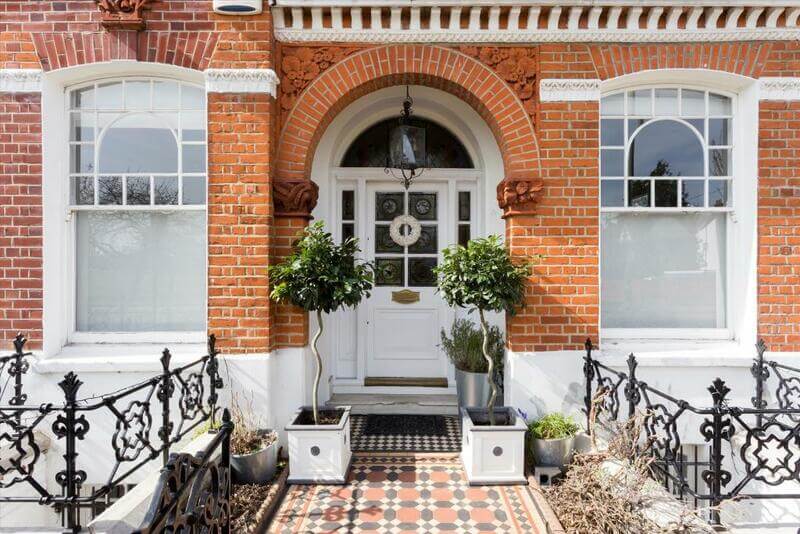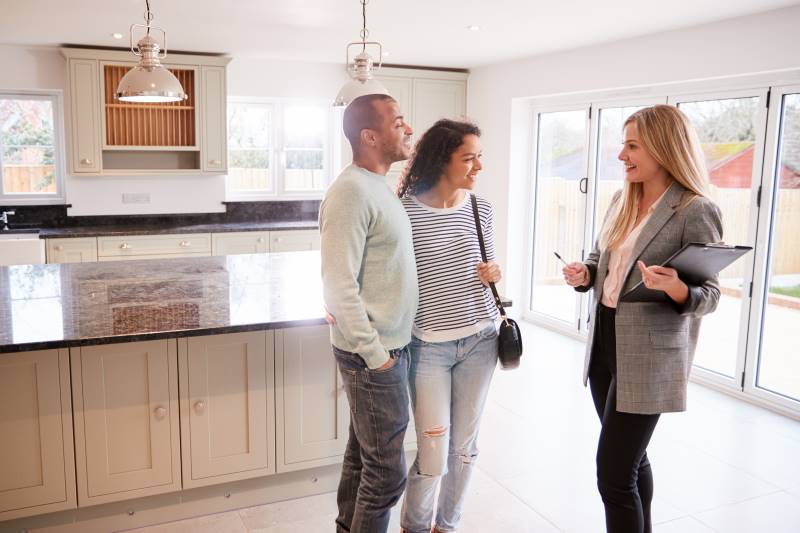Before you can make an offer, you need to know what the property is worth.
Written by: Aaron cage

Determining the current market value of a property is hard but something everyone who is looking to buy or sell has to do. And not everyone gets it right.
In part this is because most properties don’t sell very often; but an even bigger factor in determining a house’s value is that it simply comes down to what someone is prepared to pay for it.
Estate agents will try to convince a vendor what their house is worth, yet often they are ill prepared to value a property with a lack of data and incomplete knowledge of the local sales market.
Add to this, the fact that almost all properties are individual (with the exception of new build developments) and you’re basically pricing a unique product.

This can lead to premium prices being fetched for well decorated houses that are highly desirable and disproportionate discounts being available on houses that have fallen into disrepair.
When this happens we can see a gap between the cost associated with making a home improvement and the change in the property's valuations - a home decorated to current fashions will always sell quicker and for more money than a house that is in bad condition.
When a homeowner is looking to sell, they will always focus on the highest sale prices achieved in the area. Estate agents, eager to win the instruction (the selling of the property), are often driven to initially market the property for more than it is likely worth.
Don’t fall into the trap of believing that the marketed price of a property is really what it is worth or what it will eventually sell for.
Houses that are priced too far from the market value may lack viewings but if left of the market long enough, in a rising market a buyer may eventually come along with an offer close to the asking price.
Setting the asking price in this manner obviously has one drawback, it relies on a rising market. In addition to this, by the time the homeowner gets the money, if they are then also looking to buy, they will find that the properties that they have been looking at will also have risen in value.
The final outcome is that the seller has spent a long time on the market, the estate agent has wasted a lot of time showing people around who never intended to buy at the overpriced valuation and the vendor still can’t move on to a new property, as prices have risen across the board.
Setting a realistic asking price will save everyone time and make the sales process a lot easier.
A buyer will always want to pay as little as possible but they have to balance the risk of losing the property to another purchaser.
If they really like the house and similar properties don’t come on the market often, they are more likely to go in with an offer they think will secure their next home.
If the estate agent has managed to find more than one buyer who is willing to offer at the same time and suddenly you’ll find yourself in a bidding war and the property will go to the person who feels most strongly about the property.
Frequently, properties go on the market for more than they are worth.
About 30% of homeowners end up changing agent as the first agent fails to sell it for the price they promised the vendor.
If the property looks expensive relative to other properties on the market now or that have been over the past year, it maybe wise to hang on and wait for the homeowner to become more realistic about the real market value of their property before upping your offer.
In this situation it is very easy to get carried away and overpay for a home - ensure you keep things in perspective.
To do this, have a look at what has sold in the surrounding area over the last 2 years - this will give you a better understanding of how often similar properties become available and will reassure you that if you miss this one, another will be along in a matter of months.

When a homeowner is looking to sell, they will always focus on the highest sale prices achieved in the area when they put their home on the market - but buyers will always look at the lowest prices that other people have paid in the last year or so.
This leads to a natural gap between the seller’s asking price and the buyer’s offer price.
The quicker you can work with the seller to establish why you think the offer is fair the more likely you are to agree on a price and both move into your new homes.
Be realistic about the condition of the property - if it has been very recently renovated it may be viewed as in perfect condition, however, it has to be to the buyer’s taste in decoration as well to justify any premium pricing.
We don't believe that solely relying on an automated valuation model is the best way to value a property.
We offer a variety of valuation tools to ensure you get the most accurate property valuation.
Find similar properties and then compare them to to the property you're interested in - you can adjust the valuation to account for slightly better condition or a smaller garden etc..
Free Valuation ReportTo start with, don't assume that the asking price is set at a sensible level.
Estate agents are under pressure from homeowners to value their property for as much money as possible to win the instruction (to act as the estate agent selling the property).
After all, a homeowner wants to get the highest possible price, so they are likely to choose the estate agent who says they can sell it for the most money.
This leads to properties going on the market overvalued.